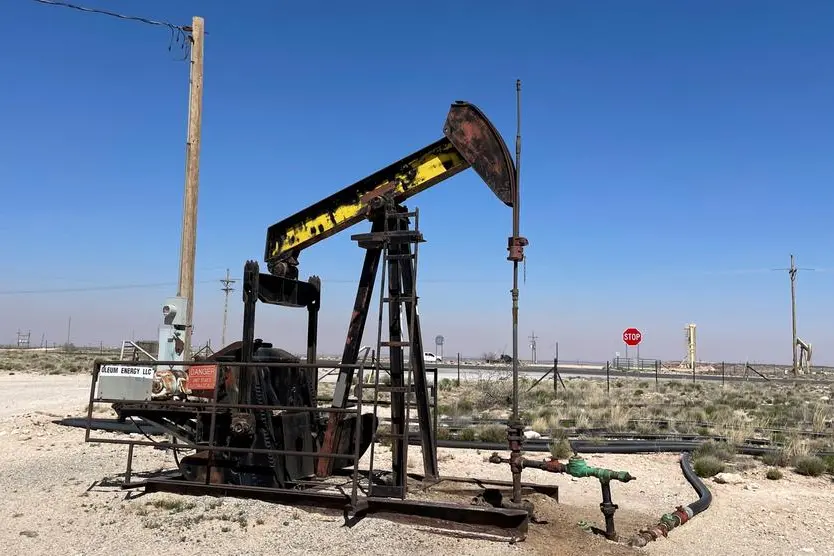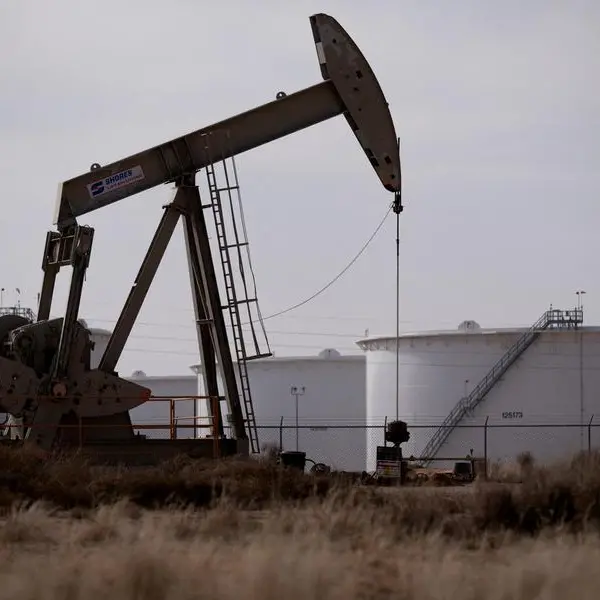PHOTO
Mexican fuel oil cargoes are heading to Asia and Europe this month as higher prices draw supply, while traders eye more diversions after U.S. President Donald Trump imposed tariffs on imports this week, trade sources and analysts said.
State energy major Pemex typically sells most of its heavy crude and high-sulphur fuel oil (HSFO) for processing at U.S. Gulf Coast refineries but a 25% tariff on Mexican goods implemented by Washington on Tuesday is diverting cargoes.
Mexico's HSFO deliveries to Asia and Europe are set to climb in March, the first increase in at least five months, data from trade sources and shipping analytics firms Kpler and Vortexa show.
Two Mexican fuel oil cargoes totalling 145,000 metric tons, or 920,750 barrels, are expected to land in Singapore in late March, Kpler's data showed as of this week, while Europe is forecast to receive at least four shipments this month totalling 188,000 tons.
Strong HSFO prices in Asia have attracted Mexican supply, the trade sources said. Spot prices for benchmark Singapore 380-cst HSFO soared in recent sessions, while refiners' margins for producing the fuel reached rare premiums last month.
"Europe is a more natural outlet for Mexican fuel oil. But with current prompt strength in Singapore, maybe more (oil) can flow here," an Asia-based fuel oil trader said.
HSFO can be blended as marine fuel at bunker hubs such as Singapore and Rotterdam.
Neither Pemex nor its trading arm immediately responded to a request for comment.
"We may see diversions of fuel oil cargoes currently in transit to the U.S. East Coast, potentially increasing European arrivals from Mexico this month," said Vortexa analyst Xavier Tang, adding that the tariffs will likely displace a considerable proportion of U.S. HSFO imports from Mexico.
The next Mexican fuel oil cargo bound for U.S. is being shipped by the Panamax-sized tanker Constellation, which is due to discharge at Houston on Friday, Kpler data showed.
However, the volume to be diverted to Asia and Europe would depend on whether Washington adjusts or suspends its tariffs and on emissions tax in Europe, traders said.
If the U.S. import tariff remains at 25%, cargoes are likely to head east, another Asia-based fuel oil trader said.
A Europe-based trader said that traders will also consider the EU emissions trading system (ETS) tax when calculating the arbitrage to Rotterdam.
"ETS prices have been low but if prices rise it could become a bigger factor in arbitrage considerations," the trader added.
Given this, a source from PMI Comercio Internacional, Pemex's trading arm, said it will be easier to sell its HSFO to Asia than to Europe. The sources declined to be named as they are not authorised to speak to media.
(Reporting by Jeslyn Lerh in Singapore and Stefanie Eschenbacher in Mexico; Additional reporting by Enes Tunagur in London; Editing by Florence Tan and Christian Schmollinger)





















